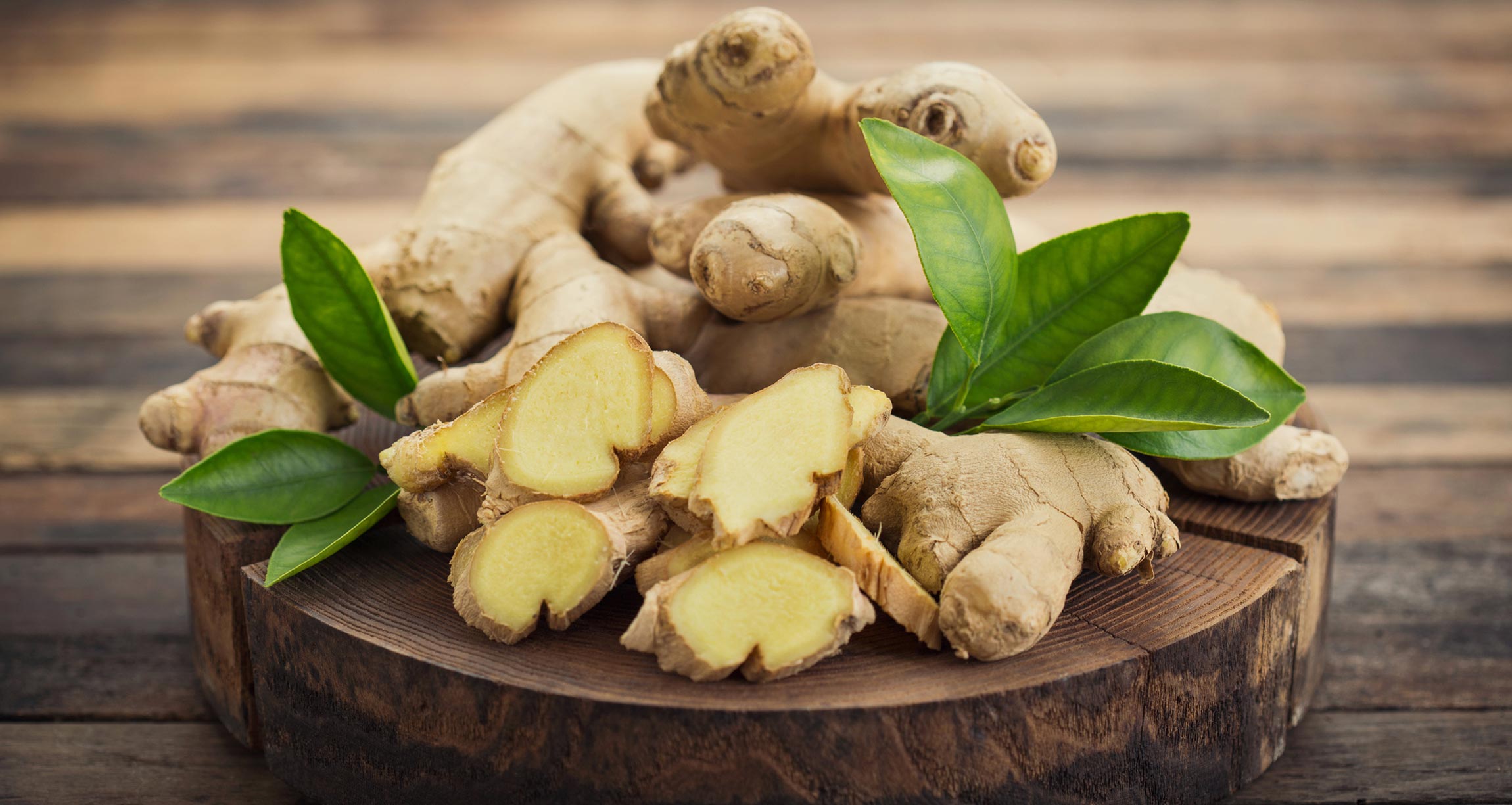Dear Gingerlicious Fans
During February 2019, We wish to remember the health related conditions that so many of our Gingerlicous Fans suffer from. Lets all step back in our daily lives and take the time to appreciate others during the month of Love. Its quiet easy to go beyond just knowing about a specific health complaint of a friend. But truely to learn and spread the word on how to stand by each other during this time.
Dates of importance in February 2019.
4 Feb- World Cancer Day
12 Feb- International Epilepsy Day
12-16 Feb STI/ Condom Week
12-16 Feb Pregnancy Awareness Week
12 - 18 Feb - National Epilepsy Week
16 Feb Health Lifestyle Awareness Day
Always chat to your Doctor or treating Physician before starting any "Natural treatment".
A few Natural ingredients to improve your health.
- Epigallocatechin-3-gallate (EGCG) – Green Tea.
- 6-Gingerol – Ginger.
- β-Carotene – Carrot, Leafy Greens.
- Baicalein – Chinese Skullcap.
- Curcumin – Turmeric.
Thank you to Cancer Tutor for the below Ginger article.
"We all know about and have eaten some Ginger during our lifetimes. It’s a sweet, aromatic root with a pungent and hot taste. Some people enjoy drinking it as a tea, some eat it with sushi, and others enjoy it as candy. Ginger the rhizome (otherwise known as the underground stem of the plant Zingiber officinale) is a common food ingredient that has been used for thousands of years in Ayurvedic and traditional Chinese medicine to treat a wide variety of conditions.
Practitioners most commonly use ginger to treat conditions related to digestion: nausea, vomiting, upset stomach, diarrhea, and motion sickness. To this day, many people grow up sipping ginger ale when sick with a stomach bug. Clinical studies have shown ginger to be helpful for nausea during pregnancy, and it is one of the safest natural therapies for this type of condition. In fact, it is the only natural product — which is actually a food — that even conventional medicine recommends and has given an “approved use” stamp for nausea in pregnancy, as all other medications have side effects that are harmful to mother and baby.
Ginger contains nutrients that have good spasmolytic properties, which is just a way to say that ginger micronutrients soothe and relax the intestines. Doctors commonly recommend ginger to patients who have undergone intestinal surgery, as it also confers great protection against infections. Ginger helps aid many anti-inflammatory problems that occur in smooth muscles or even in the skeletal muscles.
People use ginger not only for GI troubles but also for arthritis, the common cold and flu, painful menstruation symptoms, headaches, and even various cancers. As of the writing of this book, there are more than 2,400 studies on the various benefits of ginger published in the scientific literature.
Ginger: Activities and Actions
Ginger has been shown to have the following properties: [1]
- Immunomodulatory (strengthens the immune system)
- Antitumorigenic (prevents tumors development)
- Anti-inflammatory
- Antiarthritic
- Antihyperglycemic (prevents elevated blood glucose)
- Antihyperlipidemic (prevents elevated blood lipids)
- Antiemetic actions (prevents nausea and vomiting)
- Chemopreventive actions (helps prevent cancer growth when consumed frequently)
Some of the most studied actions of ginger are its analgesic and anti-inflammatory effects through the inhibition of NF-kB, COX-2, and 5-LOX (the major pathways and switches of inflammation mentioned previously). Ginger also has been shown to protect against cancers and to demonstrate a chemoprotective effect, meaning it protects the body from the side effects of chemotherapy. Some characteristics of ginger’s actions include the following: [2]
- Induction of apoptosis (programmed cell death) of cancer cells
- Inhibits IkBa kinase activation (upregulates apoptosis)
- Upregulation of BAX (a proapoptosis gene)
- Downregulation of Bcl-2 proteins (cancer associated)
- Downregulation of prosurvival genes (anti-apoptotic) Bcl-xl, Mcl-1, and Survivin
- Downregulation of cell-cycle-regulating proteins, including cyclin D1 and cyclin-dependent kinase 4 (CDK4) (cancer associated)
- Increased expression of CDK inhibitor, p21 (anticancer associated)
- Inhibition of c-Myc, hTERT (cancer associated)
- Abolishes RANKL-induced NF-kB activation
- Inhibits osteoclastogenesis (type of bone cell that breaks down bone tissue to remodel and repair)
- Suppresses human breast-cancer-induced bone loss
If you or a loved one has been stricken with cancer, then you probably know the importance of all of these functions. Thus, it’s easy to see that ginger can play an important role in regulating not only inflammation but also various signals that affect cancer cells.
Ginger and its constituents have been shown to inhibit the following cancers: [3]
- Breast cancer
- Colon and rectal cancer
- Leukemia
- Liver cancer
- Lung cancer
- Melanoma
- Pancreatic cancer
- Prostate cancer
- Skin cancer
- Stomach cancer
To demonstrate just how important ginger can be to helping eliminate cancers, let’s look at one example: ovarian cancer.
In ovarian cancer, there are usually some indicators of the inflammation, such as vascular endothelial growth factor (VEGF), interleukin-8, and prostaglandin E2 (PEG2). Ginger extracts have been shown to greatly decrease these inflammatory markers in ovarian cancer patients. [4] Thus not only can it be taken as a tea or food to help warm someone who may feel cold or have nausea (especially those being treated with chemotherapy), but ginger also has a beneficial effect for those with serious health conditions like ovarian cancer.
Another interesting aspect of ginger is its hypoglycemic effect against enzymes linked to type 2 diabetes. Anyone who has diabetes or even mild insulin resistance can enjoy this added benefit of ginger; it is not harmful to those who are taking diabetes medication. Instead, it may improve overall glucose control. In addition, keeping blood glucose in the lower/normal range is optimal for those with cancer, even if they do not have diabetes.
To sum up, ginger is a strong antioxidant that can help with metabolic syndrome, diabetes, cardiovascular disease, dementia, and inflammatory conditions such as arthritis, osteoporosis, and even cancers. One should try to include organic ginger in the diet as much as possible. Try adding it to foods like salsa, smoothies, or stir-fry. Ginger is a staple in most Thai and Indian curries and sauces, which are both fun and easy to make at home to liven up the flavors of any meal. You can also cut off half an inch of organic ginger root and blend it in a juicer along with other veggies and fruits to give your juice a kick of spiciness".







